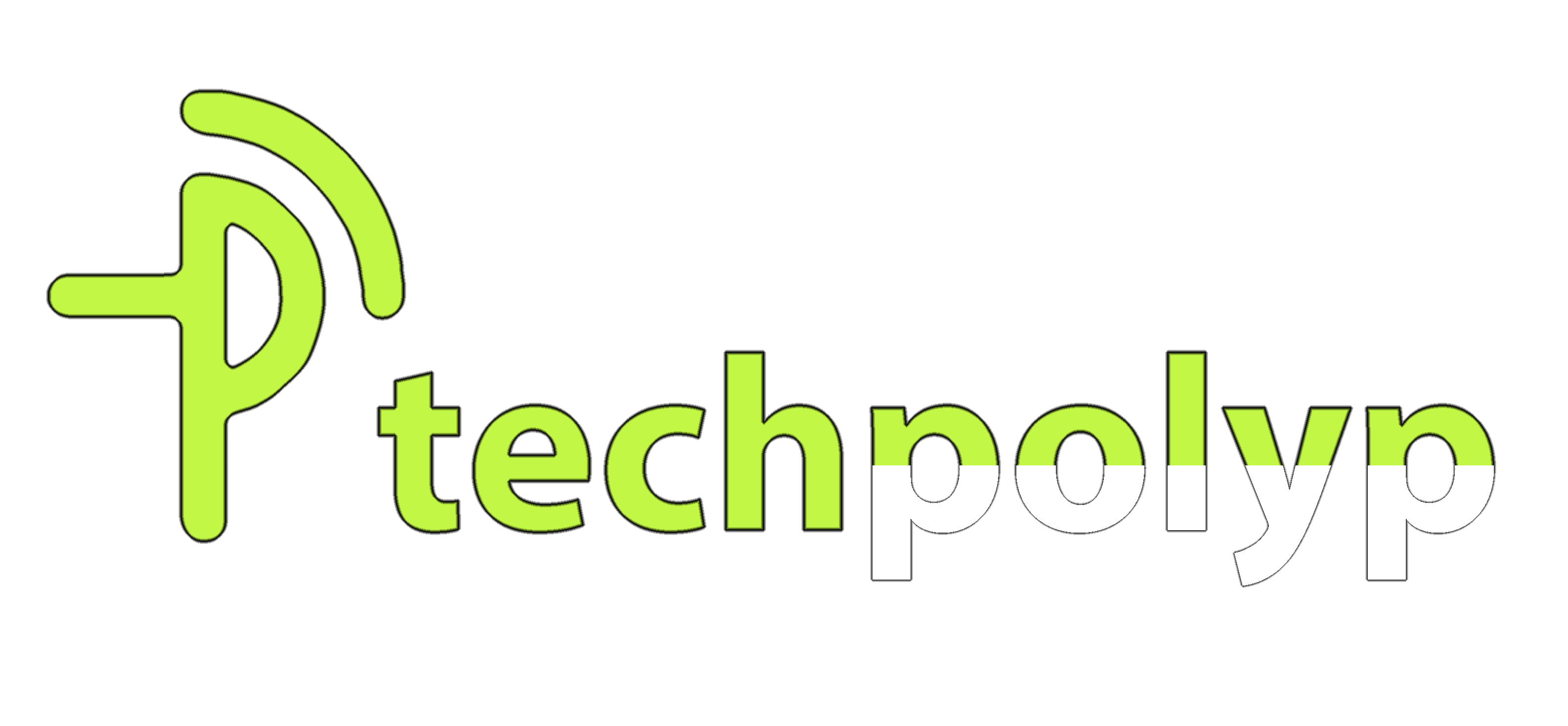When you purchase through links on our site, we may earn an affiliate commission. This doesn’t affect our editorial independence.
Ghana has introduced a new cybersecurity bill that governs privacy, surveillance, and emerging digital technologies, thereby strengthening regulation. Notably featured in the bill is a law that makes it illegal to record private conversations, even if you are involved in the conversation.
Recording a private conversation will require proper consent from all parties, according to the new bill.
According to the piece of legislation, any individual who records, documents, or obtains another’s details, traffic information, or content data without appropriate authorisation engages in an illegal act subject to a hefty fine, a prison sentence of up to five years, or both.
The move aims to enhance privacy safeguards for individuals as an increasing number of exchanges transition to online and mobile platforms.
Boosting Law Enforcement
The amendment authorises a new entity called the Cyber Security Authority to directly investigate and prosecute cybercrimes on behalf of the Attorney-General, confiscate digital assets associated with offences, and seize profits from cybercrime. CSA officers will possess police authority for arrest, search, and seizure in cases related to cybercrime.
Recent Legislation Regarding Cyberbullying and Digital Harassment
A new part (67A) of the legislation makes cyberbullying, cyberstalking, and online harassment unlawful, establishing it as a crime to:
- Sending menacing, obscene, or intimidating communications.
- Use fake profiles to harass or slander individuals.
- Monitor an individual’s online behaviour or whereabouts without their permission.
- Those who commit offences may incur hefty fines or serve prison sentences of one to ten years, based on the level of severity.

Image source: Sea Cadet
See Other Posts on this Site
Does Private Web Surfing Actually Exist?
ShinyHunters: The Hacker Group that Recently Targeted Google
Safeguarding Victims and Informants
The updated witness and informant protection provision ensures that individuals reporting a cybercrime may remain anonymous. Their identities are legally protected from being revealed during investigations or trials.
Regulating AI, Blockchain, and Emerging Technologies
The Cyber Security Authority will, for the first time, certify and oversee technologies such as Artificial Intelligence (AI), blockchain, quantum computing, and Internet of Things (IoT). This ensures that any AI or new technology introduced in Ghana complies with cybersecurity and data protection regulations before its release.
Why it is Important
This amendment establishes Ghana as a regional leader in digital legislation and data security, harmonising innovation with public safety. It also indicates a transition towards responsible technology use. Lastly, it safeguards people from harm online while ensuring accountability for crime committed over the internet.
Nevertheless, the recent limitation on documenting private discussions is expected to spark controversy regarding transparency and freedom of speech. Advocates perceive it as an advancement for greater privacy, while opponents may view it as a potential hindrance to accountability.
The legislation is currently being assessed by parliament, and when approved, it will transform the way Ghanaians communicate, document, and engage in the digital realm.









